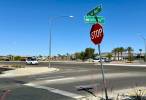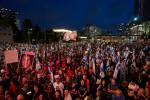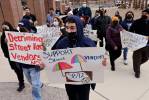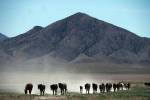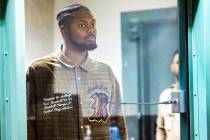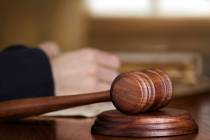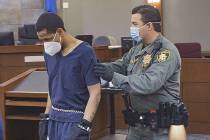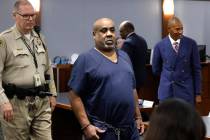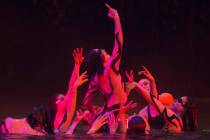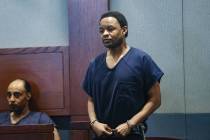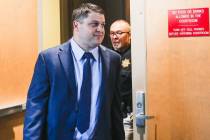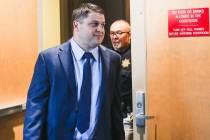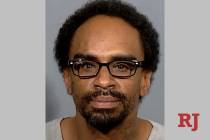Family files lawsuit in son’s 2015 death at Electric Daisy Carnival
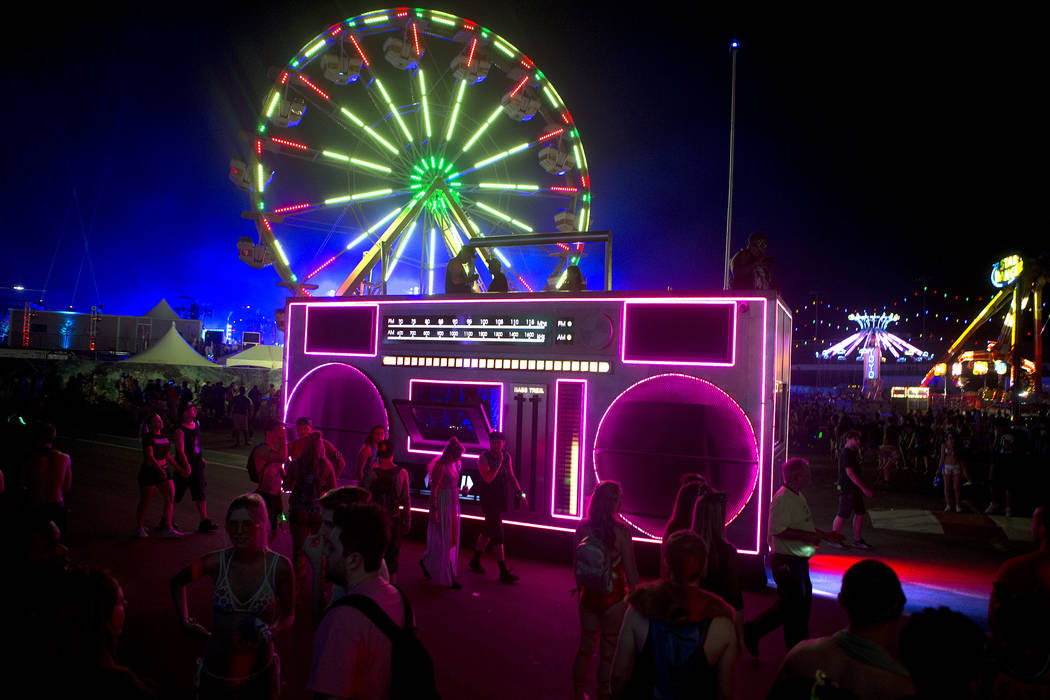

A lawsuit filed in Los Angeles on Wednesday accuses the organizers of the Electric Daisy Carnival of willful neglect for the health and safety of a California man who died at the Las Vegas festival in 2015.
Terry Tom filed the lawsuit against Insomniac Events and Live Nation, part owner of Insomniac Events, on behalf of his son, Nicholas, who died on June 22, 2015, the final day of the three-day festival. He is seeking damages for wrongful death and negligence, among other claims, high enough to “to dissuade them from future reckless and illegal conduct,” court documents show.
Nicholas Tom, 24, collapsed at the festival about 1:30 a.m. He had taken the club drug ecstasy and was having seizures and foaming at the mouth, according to court documents.
Lawsuit: Music drowned out calls for help
Other festivalgoers saw the medical assistant collapse and tried to call for help, but the music was too loud, the lawsuit said. Good Samaritans carried Tom, who was unconscious and still convulsing, for 30 minutes before finding one of the festival medical tents, which was empty, it said.
“Ground Control” members — volunteers who roam the grounds with water — arrived at the medical tent and told the group the festival’s medics had their hands full, the lawsuit alleges. One volunteer attempted to pour water down Tom’s throat, then left him on the ground in the medical tent for another 30 minutes in 110-degree temperatures before he died, according to court documents.
At least one person has died every year since 2006 at EDC or other Insomniac event, The lawsuit said. It argues that the festival organizers knew that attendees use illegal club drugs, including ecstasy, and should have done more to prevent Tom’s death. It also stated that the side effects of the club drug MDMA, also known as ecstasy and molly, include dehydration and a sharp increase in body temperature.
Based on the number of deaths connected to Insomniac events, the lawsuit argues organizers knew about the dangers. It claims the festival failed to provide enough medics and security for the 1,200-acre event, which attracts more than 100,000 attendees each night.
Insomniac Events and Live Nation did not immediately respond to emails from the Review Journal seeking comment on the lawsuit.
Another death this year
At least eight deaths have been connected to the festival since it relocated to Las Vegas in 2011, including one that occurred this year.
Michael Morse, 34, died after the electronic music festival’s first show. He was pronounced dead at 7:41 a.m. Saturday at the event at the Las Vegas Motor Speedway. His wife, Jennifer Marshall, said the coroner’s office told her he had a body temperature of 109 degrees at the time of his death.
This year the Electric Daisy Carnival had 1,090 medical emergencies calls through 6 a.m. Monday, compared with 617 last year — a 77 percent increase. Fifteen people were hospitalized.
Morse was said to have collapsed while waiting for a ride at the festival grounds.
Last year, another attendee died under similar circumstances: California resident Kenani Kaimuloa, 20, died in a Las Vegas hospital a few days after she collapsed and began convulsing while waiting for a shuttle bus with her friends about 6 a.m. on the festival’s last day. The coroner ruled that ecstasy and cocaine intoxication combined with environmental heat stress caused Kaimuloa’s death.
Morse’s cause of death had not been determined as of Tuesday. Toxicity screenings generally take six to eight weeks.
Festival promoter Insomniac Events said in a statement that it had a team of “the best doctors, nurses, EMTs, and paramedics in the country” on hand for the event. The company did not respond Wednesday to follow up questions about accomodations for people waiting in the heat for shuttles or rides.
Contact Wesley Juhl at wjuhl@reviewjournal.com and 702-383-0391. Follow @WesJuhl on Twitter.
Another death this year
Michael Morse, 34, died after the electronic music festival’s first show. He was pronounced dead at 7:41 a.m. Saturday at the event at the Las Vegas Motor Speedway.
Jennifer Marshall, Morse’s wife, said the coroner’s office told her he had a body temperature of 109 degrees at the time of his death. Festival promoter Insomniac Events said in a statement that it had a team of “the best doctors, nurses, EMTs, and paramedics in the country” on hand for the event.
This year the Electric Daisy Carnival had 1,090 medical emergencies calls through 6 a.m. Monday, compared with 617 last year — a 77 percent increase. Fifteen people were hospitalized.
At least eight deaths have been connected to the festival since it relocated to Las Vegas in 2011.
RELATED
Family has questions about California man’s death at EDC in Las Vegas
Promoter issues statement about man’s death at EDC in Las Vegas
Woman declared legally dead this week after attending EDC




